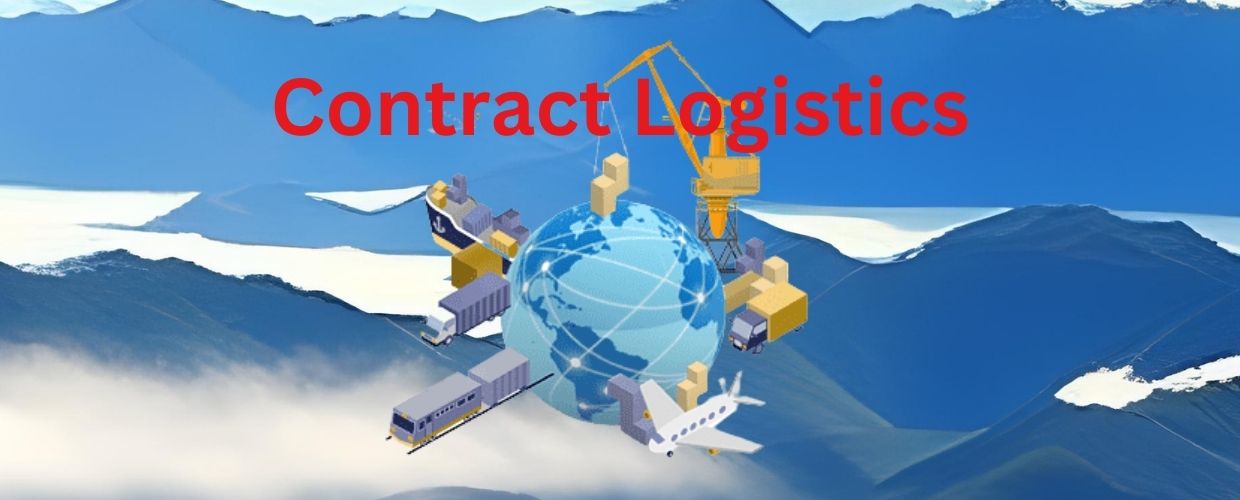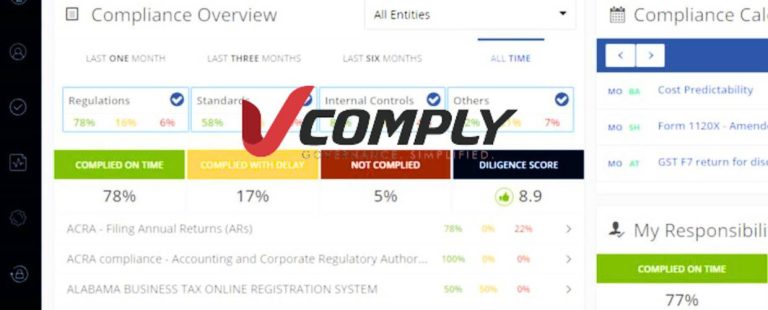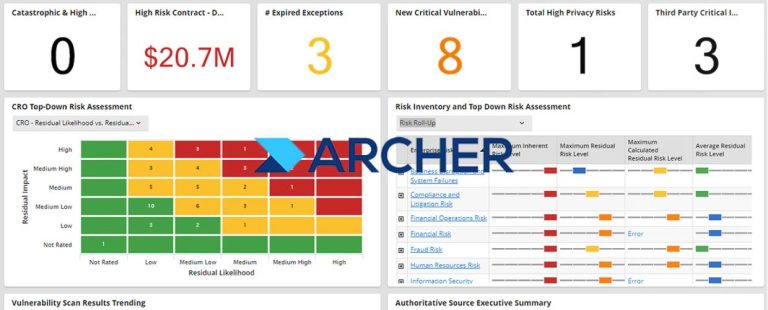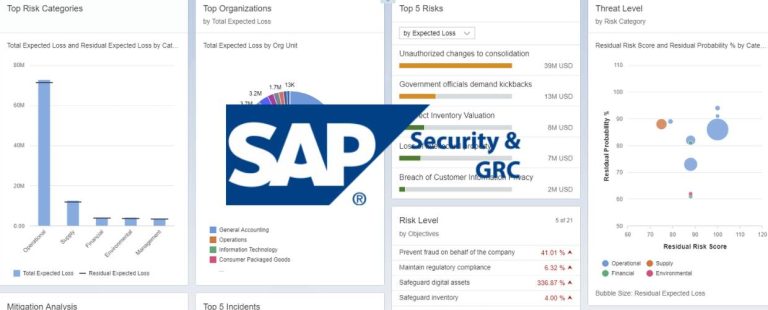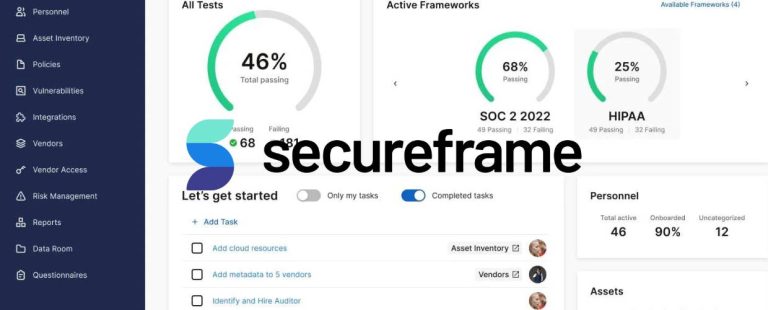Contract Logistics is a specialized service pivotal in modern supply chain management as businesses continue to expand globally and seek more efficient ways to manage their logistics operations; contract logistics providers offer tailored solutions to streamline the movement, storage, and distribution of goods. This article delves deeper into the significance of contract logistics, its key components, and the value it brings to businesses in achieving cost-effective and seamless supply chain operations.
Understanding Contract Logistics
Contract Logistics involves outsourcing logistics and supply chain management functions to third-party providers. Unlike traditional logistics, where businesses manage their supply chain activities, providers assume responsibility for various services, including warehousing, transportation, inventory management, order fulfillment, and distribution. The partnership between businesses and providers is typically governed by a detailed service-level agreement (SLA) to ensure adherence to performance standards.
Critical Components of Contract Logistics
When it comes to contract logistics, there are a few critical components that must be taken into consideration. Communication between all parties interested in the supply chain is one of the most essential aspects.
Warehousing and Distribution
One of the primary components of contract logistics is warehousing and distribution. Its providers offer warehousing solutions that optimize inventory storage and management. These warehouses are strategically located to ensure efficient product flow and distribution. They employ advanced inventory tracking systems and modern warehouse management techniques to ensure products are efficiently stored and dispatched to meet customer demands promptly.
Transportation Management
Efficient transportation management is a critical aspect of contract logistics. Providers carefully plan and coordinate the movement of goods from origin to destination. It includes selecting the appropriate transportation modes, optimizing routes to minimize transit time and costs, and managing carrier relationships. Technology and data analytics enable contract logistics providers to optimize transportation processes further, ensuring timely and cost-effective delivery.
Order Fulfillment
Order fulfillment is another critical component of contract logistics. The providers work diligently to ensure accurate and timely delivery of orders to end customers. They employ efficient order picking, packing, and shipping processes to meet customer expectations and reduce processing times. The goal is to improve the overall customer experience and foster customer loyalty.
Inventory Management
Its providers offer comprehensive inventory management services to optimize stock levels and minimize holding costs. Real-time tracking systems and data-driven insights enable efficient monitoring of inventory levels and replenishment processes. It ensures that businesses can maintain adequate stock levels to meet demand without incurring unnecessary carrying costs or experiencing stockouts.
Value-Added Services
In addition to the core logistics services, contract logistics providers offer value-added services that can significantly benefit businesses. These value-added services include product labeling, kitting, assembly, and reverse logistics. With product labeling, companies can customize their products for specific markets, increasing sales and customer satisfaction. Kitting and assembly services can streamline the supply chain process and reduce costs by consolidating multiple products into one shipment.
The Value of Contract Logistics to Businesses
Contract logistics is an essential part of any business involving goods’ movement. It provides a valuable service that allows businesses to streamline their processes and focus on their core competencies.
Cost Efficiency
By outsourcing logistics functions to specialized providers, businesses can achieve cost efficiency and economies of scale. Its providers optimize transportation routes, utilize shared warehousing spaces, and leverage their expertise to reduce overall logistics costs. This cost optimization allows businesses to allocate resources strategically and improve their bottom line.
Focus on Core Competencies
When businesses choose contract logistics, they can shift their focus to their core competencies and strategic initiatives. Companies can redirect valuable resources to innovation and business expansion by entrusting logistics to experts. This shift in focus allows businesses to improve their overall efficiency and competitiveness in the market. By working with logistics experts, companies can improve their logistics processes and ensure that their products are delivered on time and cost-effectively.
Scalability and Flexibility
Contract logistics providers offer scalable solutions that adapt to changing business demands and market dynamics. This flexibility helps companies to respond quickly to fluctuations in demand, seasonal variations, or changes in market conditions. Its providers can promptly adjust their services to accommodate growth or downscaling requirements, providing businesses with agility in their supply chain management.
Access to Technology and Expertise
Contract logistics providers invest in cutting-edge technology and possess industry expertise. Businesses benefit from advanced supply chain technology and logistics best practices without making significant capital investments. This access to technology and expertise ensures that companies stay ahead in a fast-paced and technologically driven market.
Improved Customer Service
By ensuring efficient order fulfillment and timely deliveries, contract logistics providers enhance the customer experience. Satisfied customers are more likely to become loyal, leading to increased repeat companies and positive word-of-mouth referrals. Contract logistics’ seamless supply chain operations significantly improve overall customer satisfaction.
Conclusion
Contract Logistics has become an indispensable part of modern supply chain management. By outsourcing logistics functions to specialized providers, businesses gain access to cost-efficient, scalable, and flexible solutions that optimize the movement and distribution of goods. Its providers leverage their expertise, advanced technology, and value-added services to streamline supply chain operations, improving overall efficiency and customer satisfaction.
As global trade and e-commerce continue to grow, they will play an increasingly vital role in helping businesses adapt, compete, and thrive in the fast-paced and complex world of modern logistics. Embracing contract logistics as a strategic partner will undoubtedly yield significant advantages for businesses seeking to streamline their supply chains and stay competitive in today’s dynamic market landscape.
